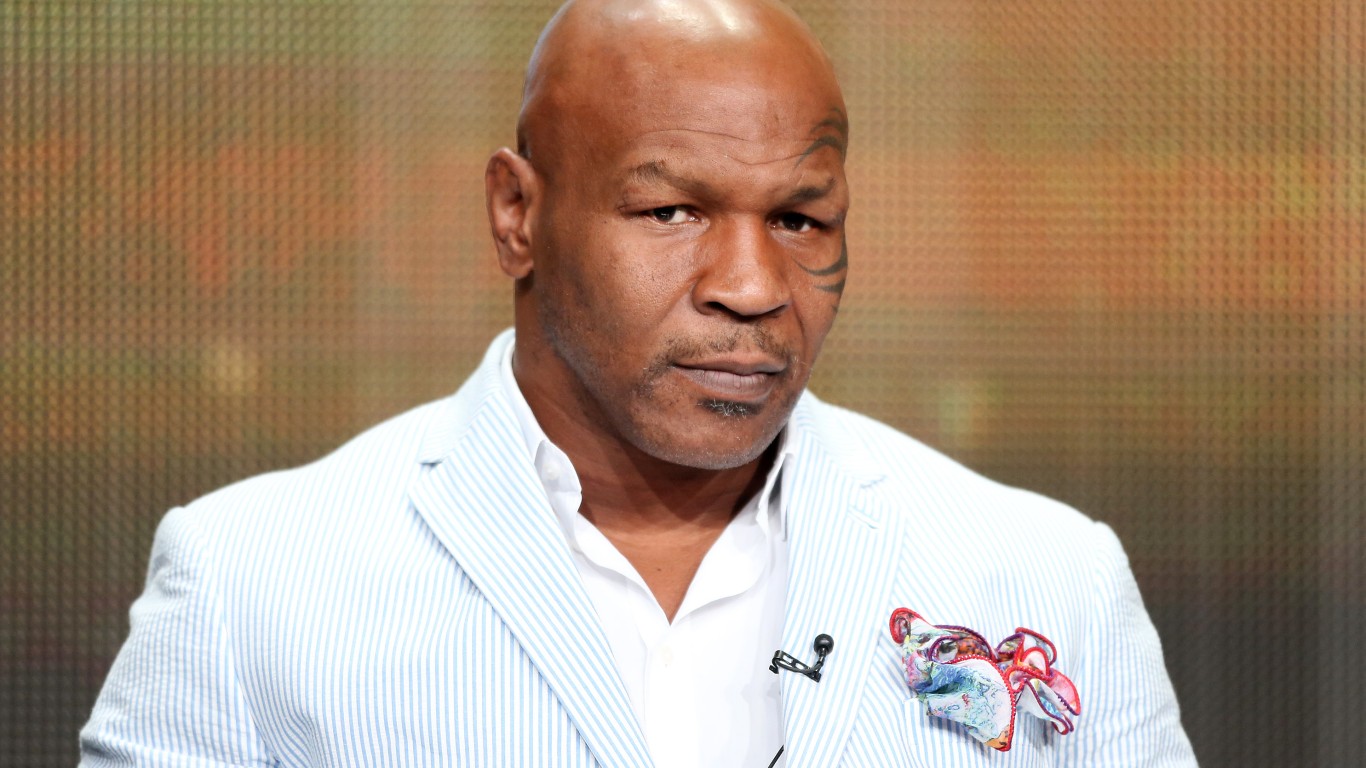 Two things happened this week in the world of internet media that appear to be unrelated but could change the consumption of information substantially. The Pew Research Center for the People & the Press announced new research that show the internet has become a greater source of national and international news than it was last year. And Facebook said it has launched a new product to allow its 750 million members to share media such as news, video, entertainment and music.
Two things happened this week in the world of internet media that appear to be unrelated but could change the consumption of information substantially. The Pew Research Center for the People & the Press announced new research that show the internet has become a greater source of national and international news than it was last year. And Facebook said it has launched a new product to allow its 750 million members to share media such as news, video, entertainment and music.
The New York Times reported that “For companies that distribute news and entertainment, a partnership with Facebook can draw eyeballs and subscribers, though it still remains unclear exactly how much more revenue a Facebook friend recommendation can generate.”
As people turn away from television, newspapers and radio as primary news sources and toward the internet, an important open issue is how people online will find that news. The internet is now the second main source of news behind television, and it continues to gain rapidly on that medium.
Pew reports that most people go to news sites either directly or through searches at Google (NASDAQ: GOOG) and Yahoo! (NASDAQ: YHOO). The Facebook media product may quickly change those habits. The change could make news consumption more passive and less active.
Most people who go to media sites have preselected the news they consider least biased or most entertaining, Pew reports. This is “active” consumption of content. Facebook means to reverse the flow of news access. Members will get their news and entertainment based on the opinions of fellow members. News consumption will become, in many cases, based on something other than a direct path by the consumer. The effects could be stunning. News media use will go from being “self-directed” to “other-directed.” Personal opinions could become more important than decisions based on which news outlets are most informative and least biased.
News media already must battle with each other for share of the market online. They soon will have to engage in another battle. News consumption may become based more on second-party recommendations than traditional judgments about quality and objectivity.
Douglas A. McIntyre
Thank you for reading! Have some feedback for us?
Contact the 24/7 Wall St. editorial team.
